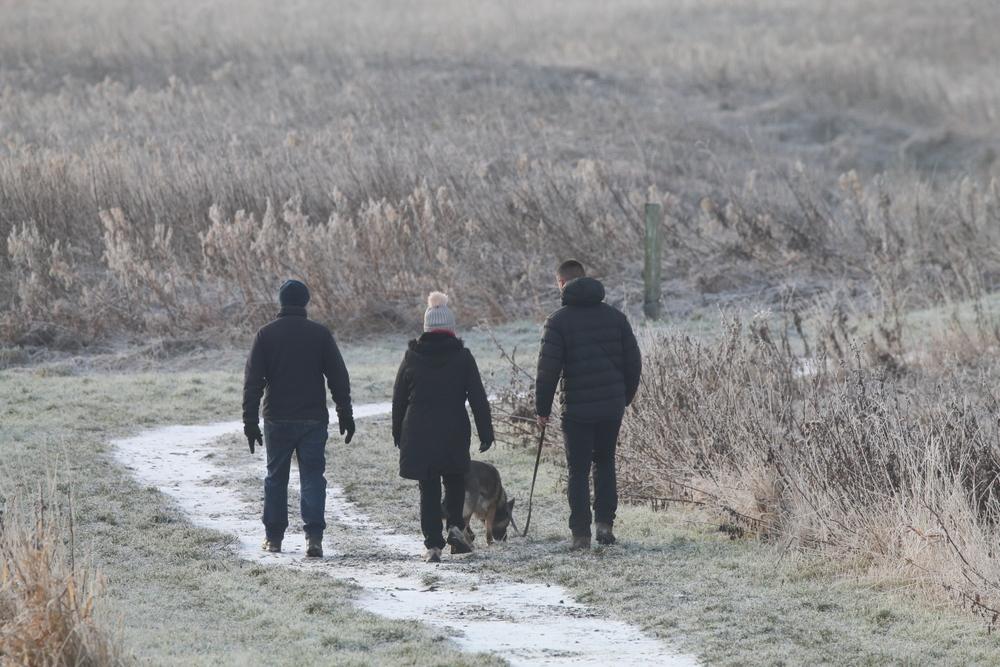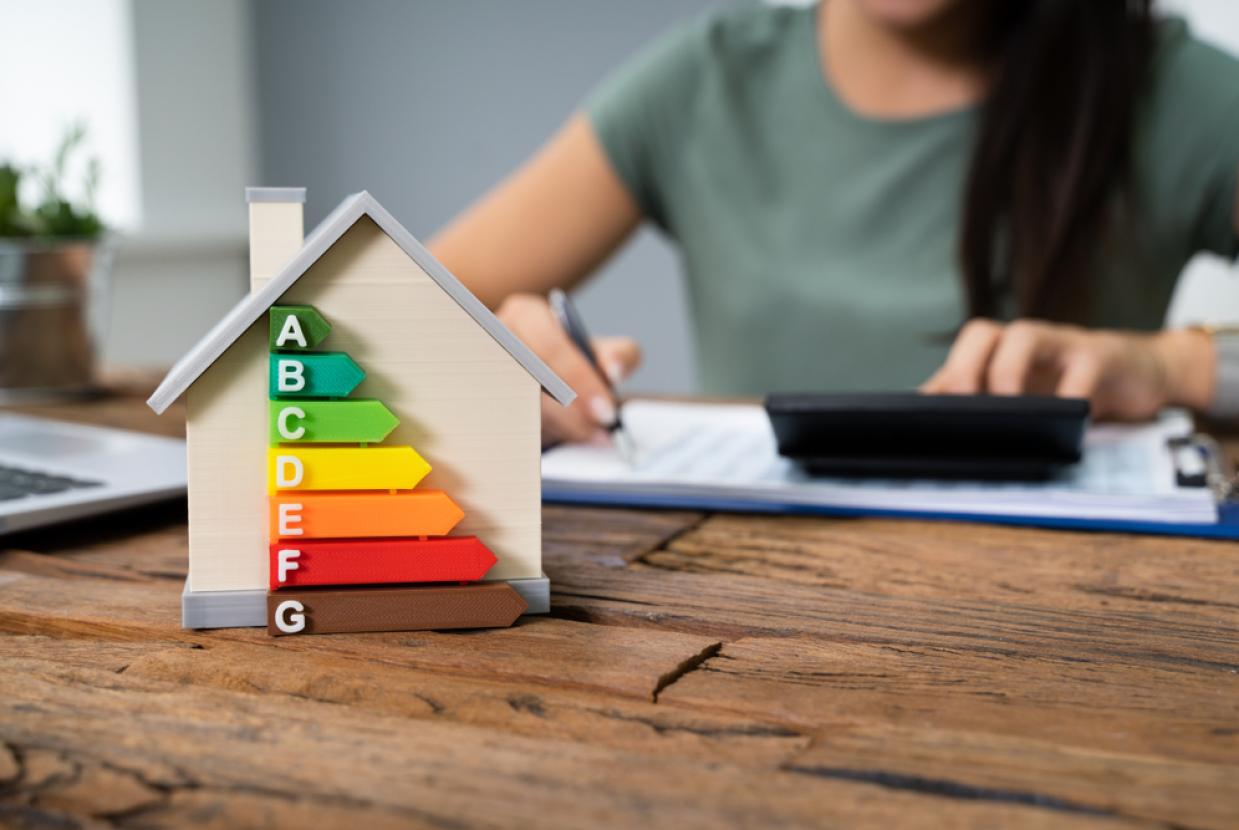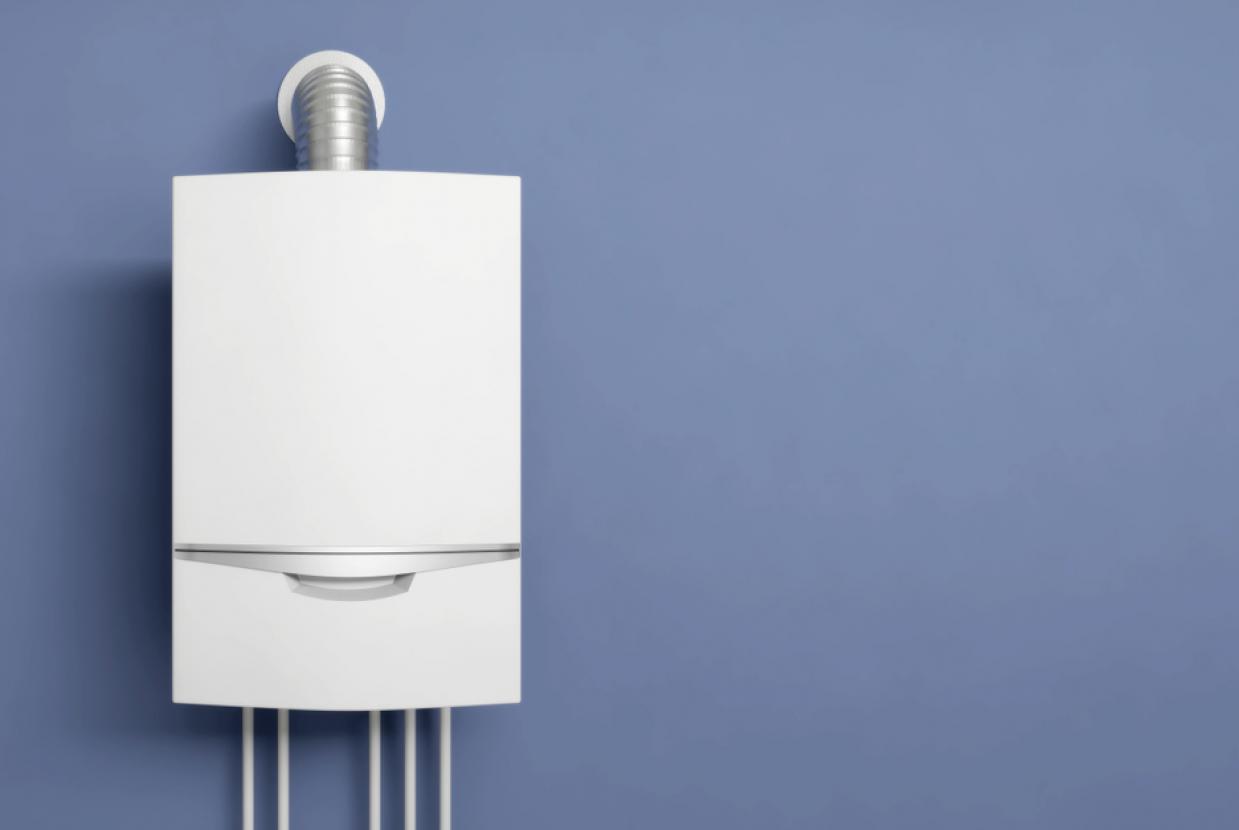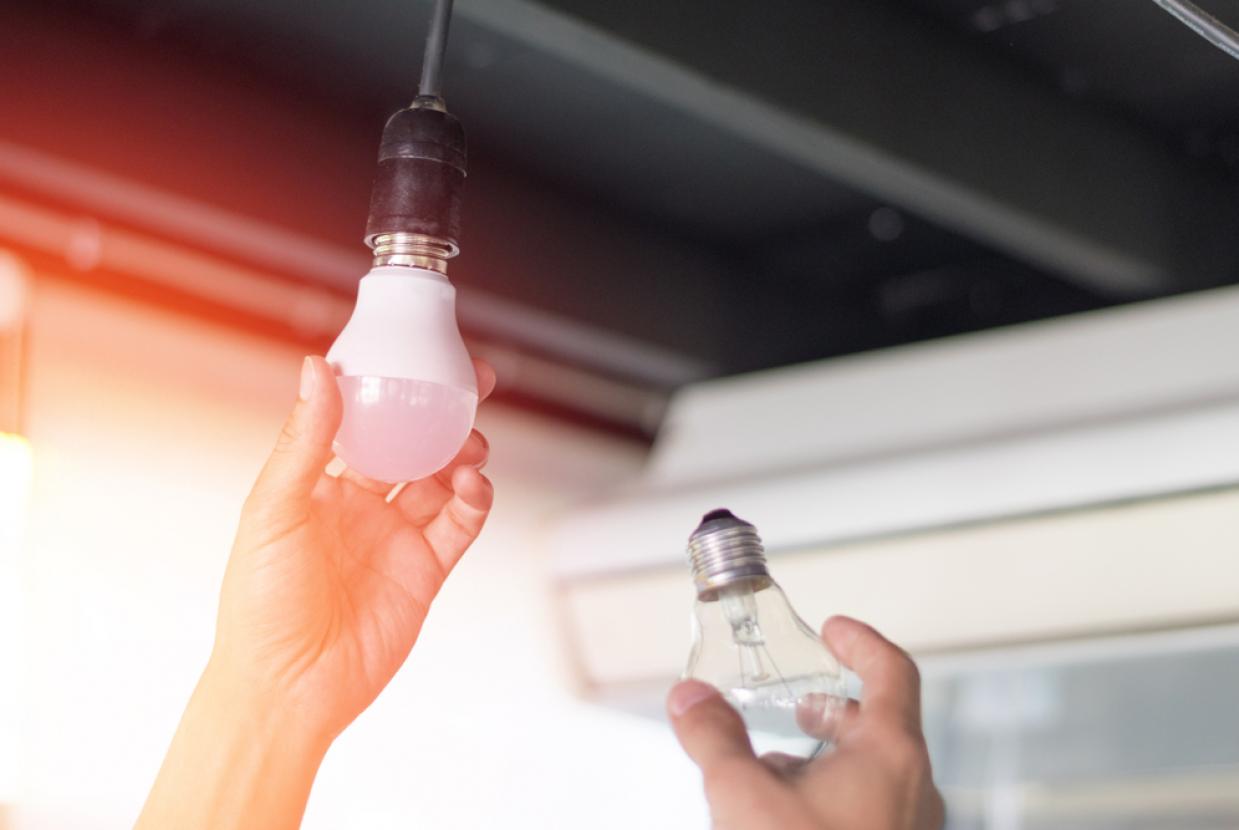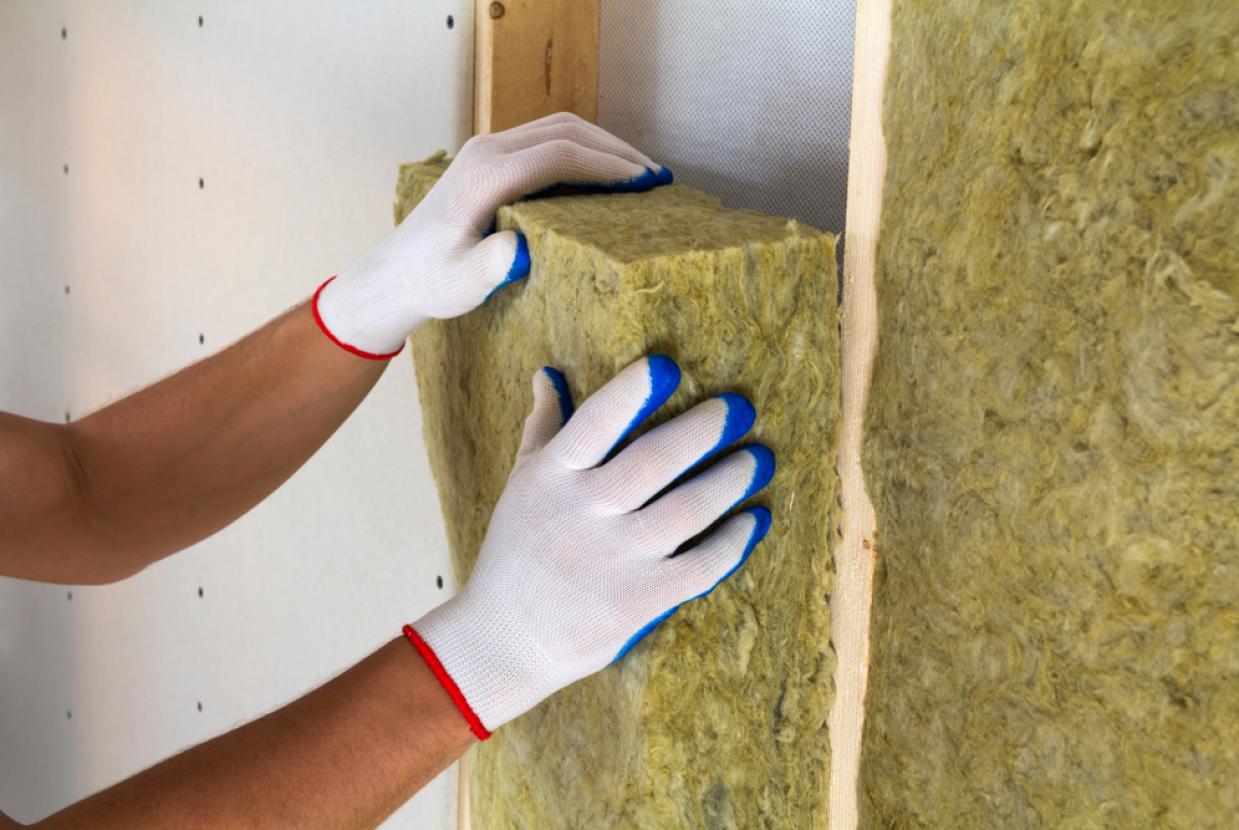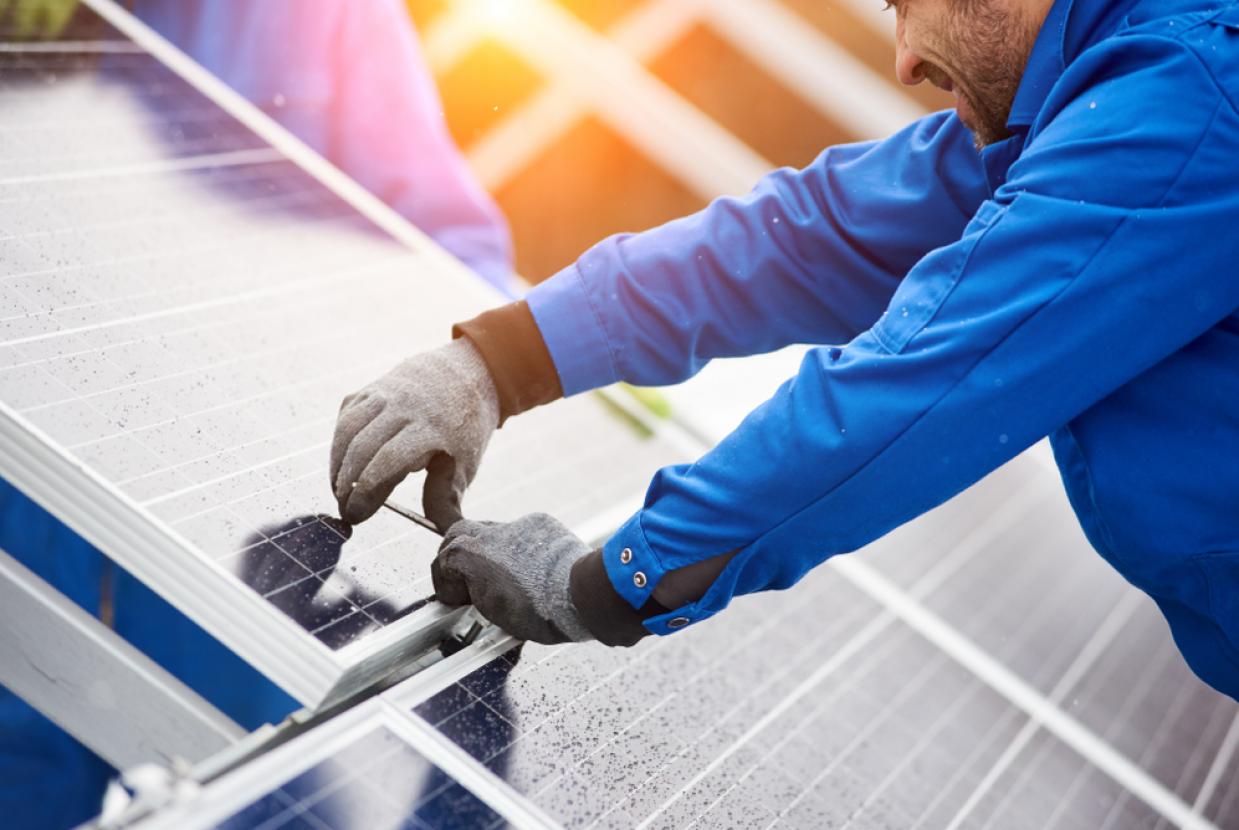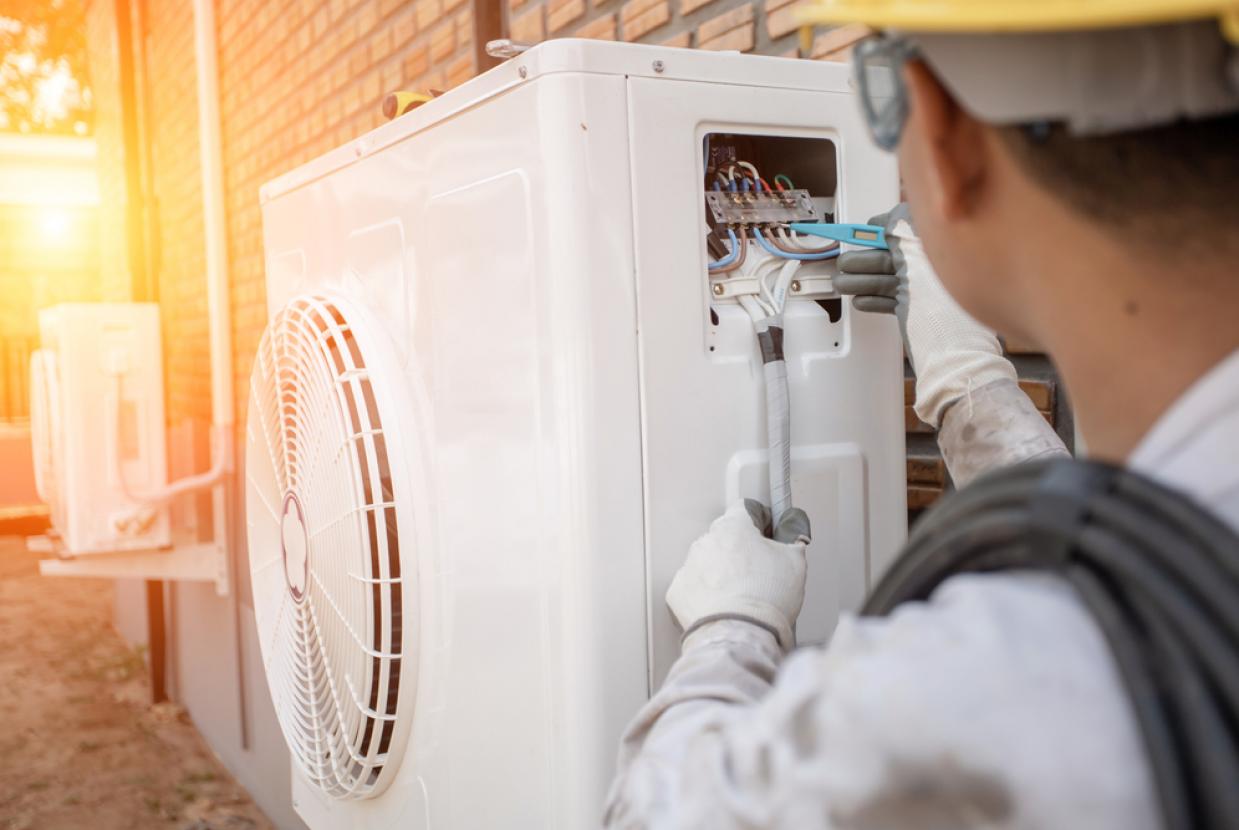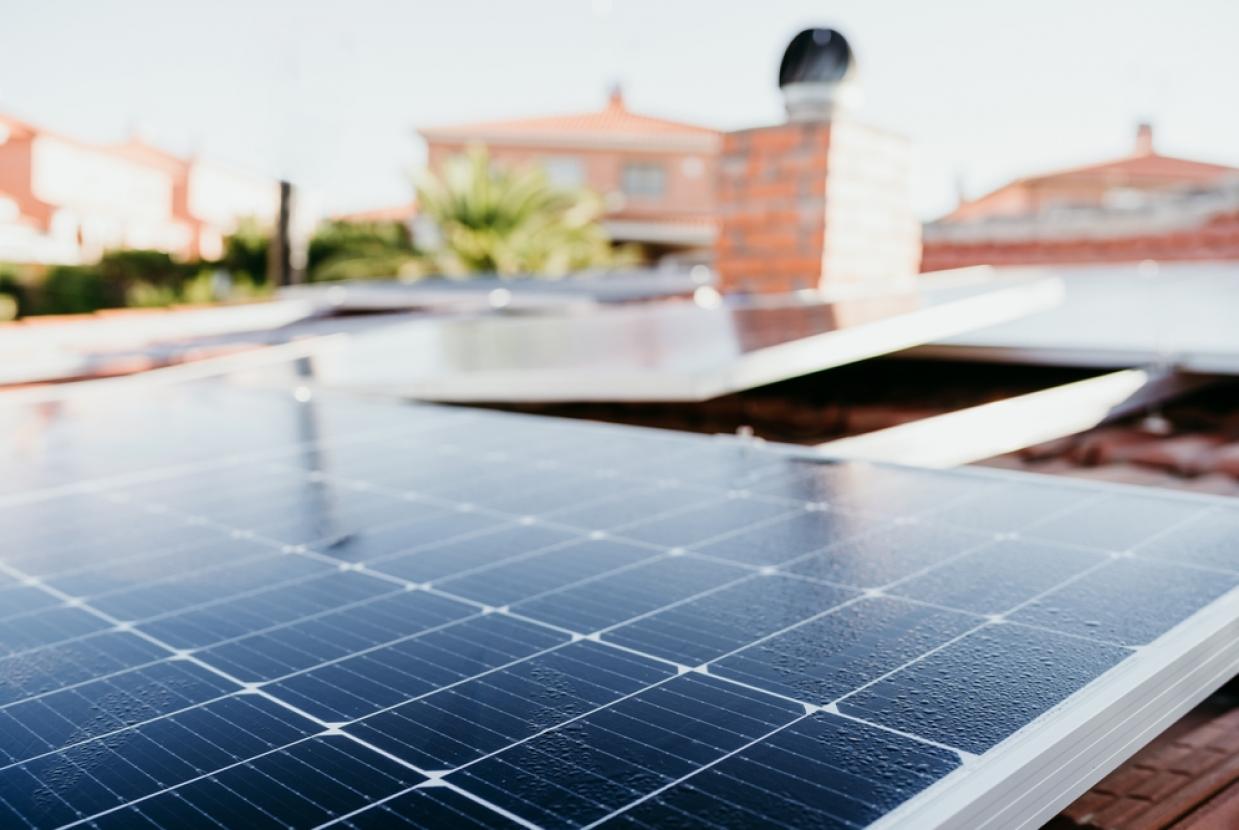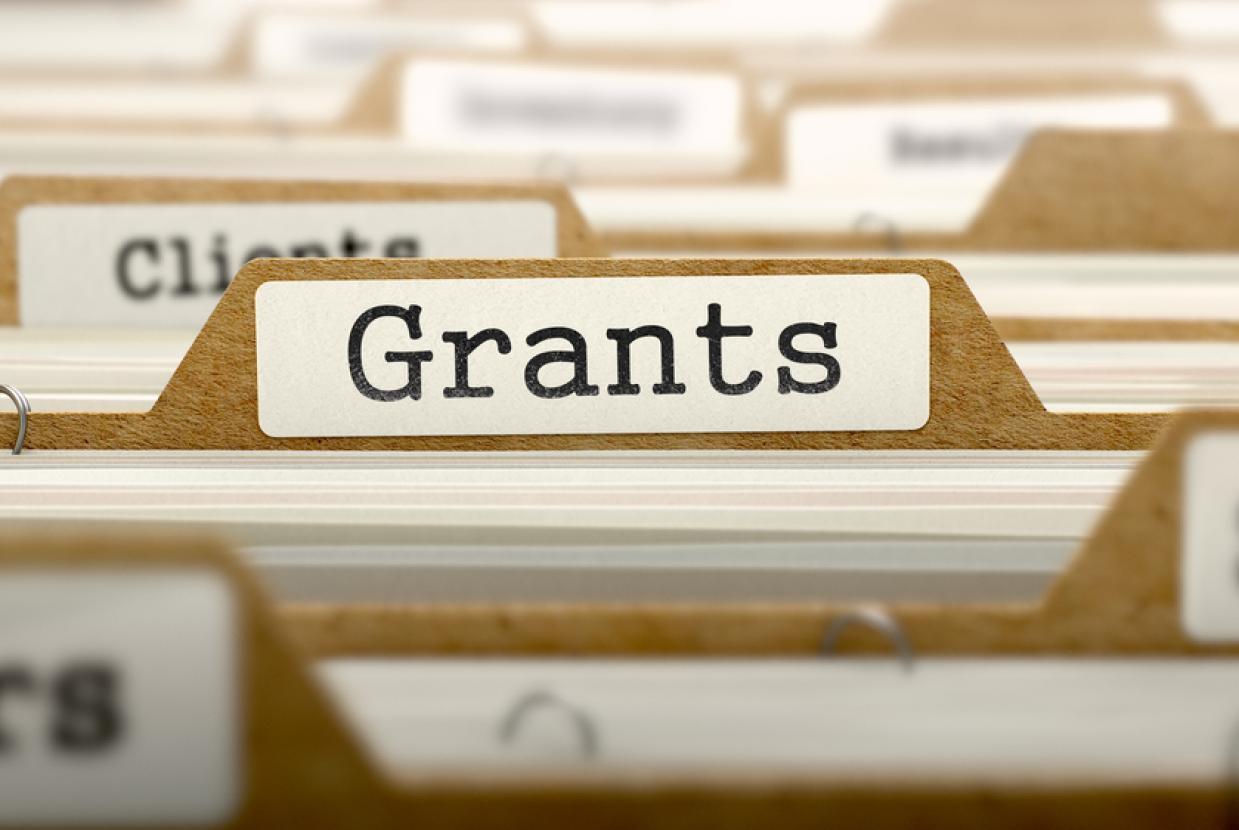Energy Efficiency Ideas & Energy Saving Tips
EnergyEnergy efficiency means using less energy to provide the same service. When considering how to save energy at home, it could be by using energy saving appliances or ensuring your home is properly insulated to reduce heating usage.
Energy efficiency is not to be mistaken with energy conservation. Although similar, energy conservation is the act of reducing or going without a service to save energy, for example, walking to the shop instead of using the car.
Energy efficiency at home is not just great for the environment and can reduce CO2 emissions, it’s also great for your pocket and can save you money too.
Saving energy at home isn't just about becoming more energy efficient — it's about learning how you can save money, too.
There are many things you can do to reduce the amount of energy you use in your home. Being energy efficient doesn’t always mean a big change to your routine, it can often take just a few small changes to your lifestyle.
Energy saving ideas: 10 top tips
Here are some simple energy saving tips that will help you keep costs down
1. Get some energy-saving light bulbs
They last up to 10 times longer than traditional bulbs, and use around 80% less energy. An energy-saving light bulb produces the same amount of light at 13-18w as the more traditional 60w bulb. This reduces energy costs and saves you up to £60 over the lifetime of the light bulb.
2. Don’t forget to turn your lights off
Yes, it’s a simple one. But, you should remember to turn your lights off when you’re not using them.
3. Be cool when it comes to washing machines
90% of the energy a washing machine uses goes towards heating the water. A 30°C wash could save over a third of the energy you use when compared to washing at higher temperatures.
4. And, limit the number of washes per week
Wait until you have a full load before putting a wash on.
5. Don’t overload your tumble dryer
When using your dryer, ensure that it is full, but don’t overload. Tumble dryers consume more energy than most washing machines. In fact, it’s much cheaper and better for the environment to use a washing line or a clothes horse if you can. If you do need to use a tumble dryer, make sure you use a fast spin on your washing, as this removes more of the water.
6. Fill up your dishwasher
Only use your dishwasher when you have a full load (as a half load uses the same amount of energy). If possible, stop the dishwasher’s cycle when it gets to the drying stage, open it up, and let the load dry naturally.
7. Don’t overfill your kettle
Only put in the amount of water you need, as over-filling your kettle each time wastes energy and money.
8. Look out for the logo when buying a new fridge or freezer
Look for the Energy Saving Recommended logo. These more efficient appliances could save you as much as £37 a year.
9. Don’t just standby, switch off
You can reduce your electricity bill and avoid emitting CO2, by not leaving your electrical products on stand-by. Switch them off and unplug them when not in use.
10. Take back control of your heating
If you find yourself using an electric heater in the winter months, try and limit the amount of time it’s left on. Only heat the areas of your home you need and make sure you take the time to draught proof your house.



